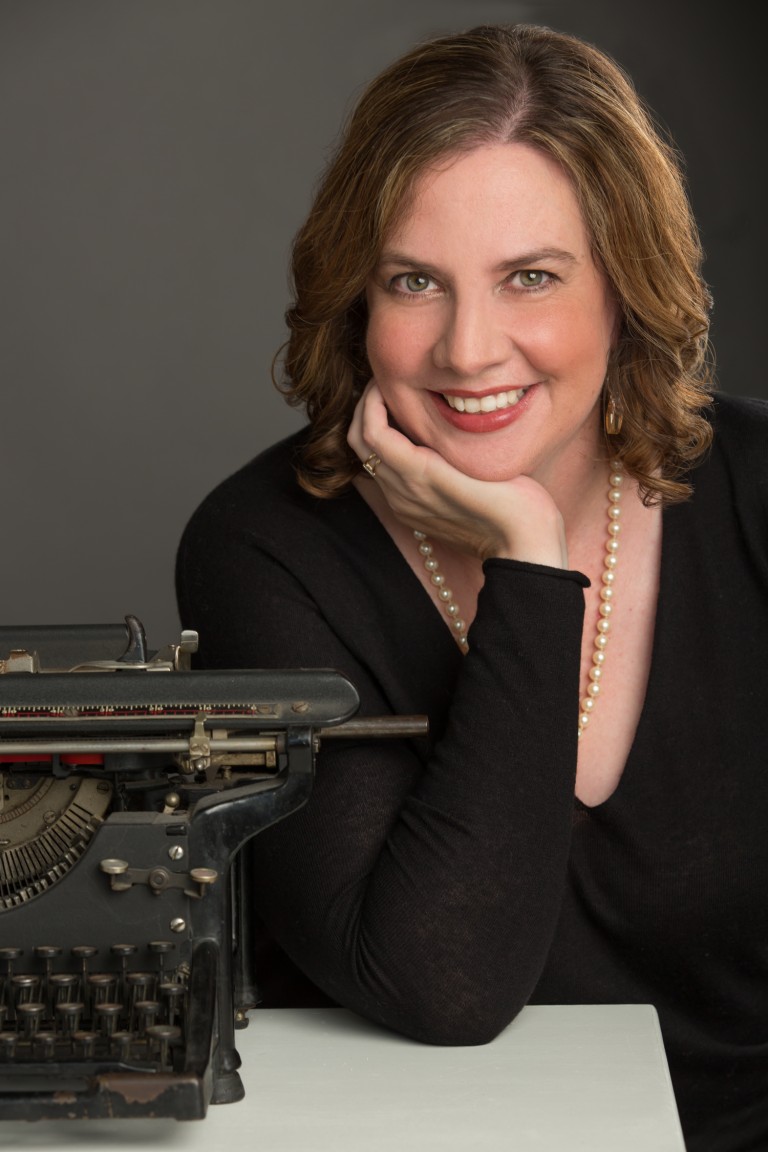
My previous day job was working as a counsellor. I was surprised how many crossover skills there were to my creative side. Writers can learn a lot from the counseling profession that can help to create richer characters and realistic responses to conflict. Let's look at a few of these in greater detail.
Being Non-judgmental
Counsellors are trained to approach people openly and with an empathetic response. The goal of counselling is of course to assist people, not judge them.
What does this mean for writers? It means remembering that all people are making the best choice at the moment with their current knowledge and ability. This doesn't mean that it's a good choice—only that they're doing the best they can. The villains in your story have their own goals and motivations—after all, they don't know they're the bad guy. When writing your antagonist steer away from easy answers, that they're doing something bad because they are just bad people, or worse, that they're doing something bad because you need them to for the plot.
Listen to What's Said
Counselling is the art of listening. Often in human interaction we're thinking of our response while the other person is speaking. Counselling pauses this natural tendency and attends to what the other individual is saying.
What does this mean for writers? Don't rush to shove words in your characters' mouths. Consider what they want to communicate. What words would they choose to express themselves? This word choice is likely impacted by both their level of education, the situation they're in, and their emotion. Also consider how they communicate to different people. This blog article dives into this in more detail.
Listen to What's Not Said
Counsellors pay attention to what is said, but also what isn't. Clients may not be aware of what they feel or may not know how to best express it.
For example, if I ask a client what their relationship is like with their mother and they respond: "My mom is such a strong woman," that hasn't answered the question. It twinges my antennae. There may be more to that relationship that the client hasn't admitted to themselves.
Counsellors are skilled at reading non-verbal behavior. Does the individual lean forward or back when talking? Are their arms crossed over their chest? Jaw clenched? Counsellors are looking at what a client's actions can tell them about what's going on inside.
What does this mean for writers? People rarely say exactly what they think and feel. As a writer, you may have your characters being too in touch with their emotions and motivations. Readers enjoy being a part of the storytelling process. When you provide them with clues, they can unravel the complexities of your story with you.
For example: "Why John, I would love nothing more than to go out with you tonight," Kelly said, twisting the rings on her fingers. As a reader, I see that ring twisting and it makes me wonder if she's not as excited about this date as she seems to imply.
Raising those types of questions, and intriguing the reader, is what keeps them turning pages! Pay as much attention to what your characters don't say and their body language as to what comes out of their mouth.
Curiosity About Human Behavior
Counsellors are intrigued with individuals and their actions. There's a growing base of information on what motivates people and how people respond to anything from having alcoholic parents, to surviving trauma. Counsellors are constantly learning, and the field continues to research new areas.
What does this mean for writers? If you've been looking only in writing craft books for advice on how to deepen your characters or to make them more realistic, you're missing a huge section of your library or local bookstore! The self-help section is a treasure trove of character details. Consider the issues your character may have from past addiction, to PTSD, to loving too much (or too little)—I guarantee there's a book that explores this.
Most of these books contain case studies and examples that may spark your imagination. They also typically include suggestions for how an individual might cope better with those challenges. These suggestions can provide you with ideas of how your character will move through those changes.
Belief That People Can Change
Counsellors believe people can, and do, make changes in their lives—especially when they're committed to those changes. However, counsellors also understand that change is difficult. Most individuals don't change, it's easier to stay in current patterns. If you doubt this look at how many people express a desire to eat better and increase their fitness. People usually know what they should do—so why aren't we all bikini bod ready with a passion for Brussel sprouts? Because it's easier to sleep later than to go to the gym, and I don't care about whatever recipe you have for the most amazing sprouts ever—a great cookie likely tastes better. Changing, and then committing to that change, is hard.
What does this mean for writers? Your character likely needs to make a change over the course of the book as they reach for their goal/want in the story. They may need to learn to be a part of a team, or to trust others, or to believe in themselves. Are you making it difficult for them to make that change—having them try and fail? Have you provided a motivation they can't ignore?
Learning from counselling techniques can give writers a way to enrich their plots and make their characters more three dimensional. Put those characters on the couch and be their therapist to tell the best story possible.

